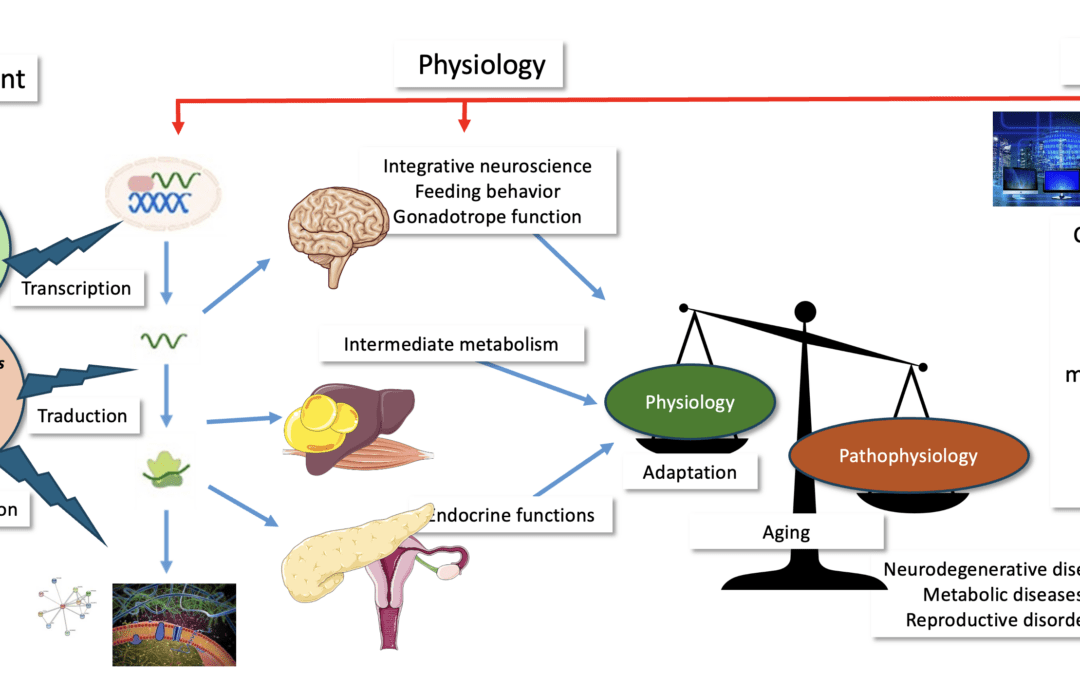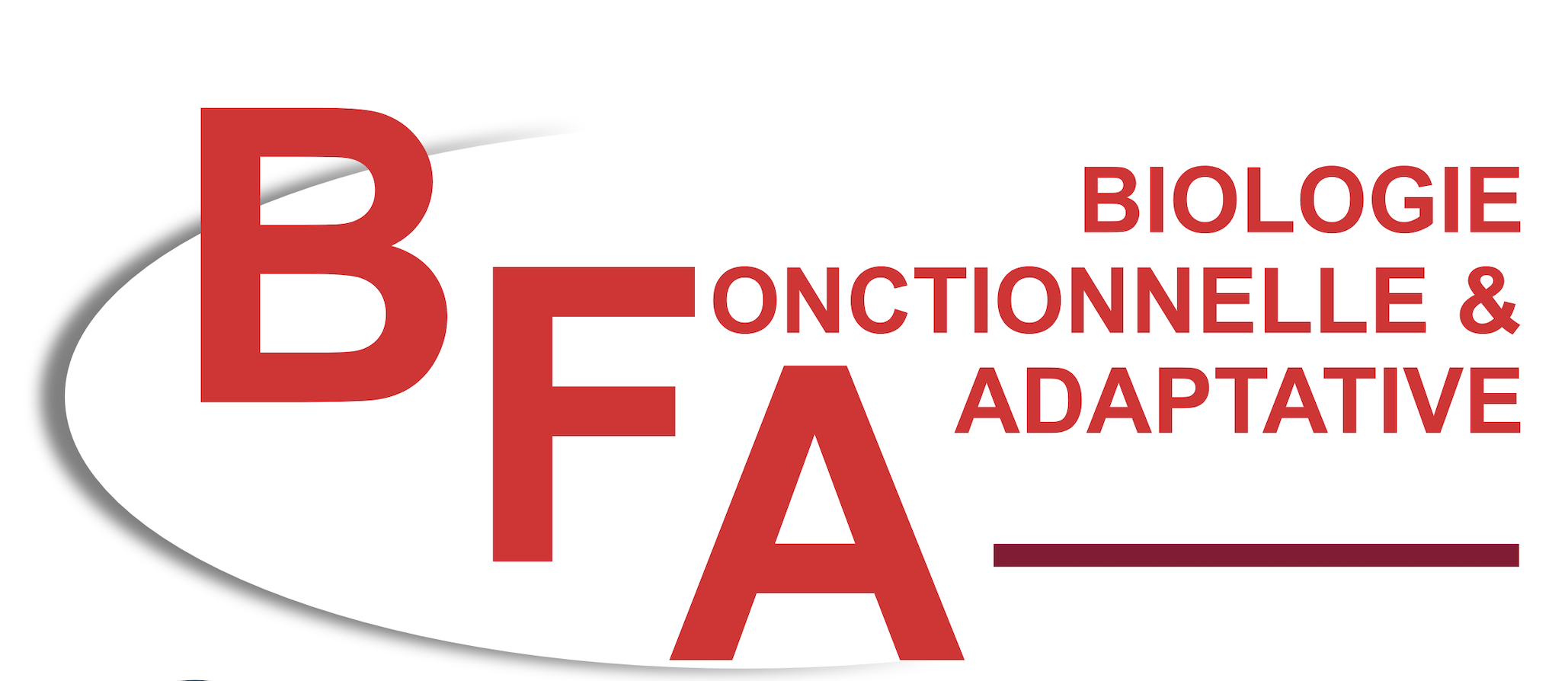Molecular and Cellular Perturbations and Xénobiotics (MCPX)
Leader : Fernando RODRIGUES LIMA (PR UPCité)
The team conducts basic research on the molecular and cellular effects of anthropogenic xenobiotics, particularly those associated with the atmospheric environment (particulate matter, aromatic compounds, heavy metals, and micro/nanoplastics), on the human organism. Our work focuses on understanding the mechanisms underlying the adaptive responses, toxicological effects and pathological outcomes (inflammatory respiratory diseases, metabolic diseases, cancers) of these exposures.
In parallel, the team is also working to document structure/function relationships of signaling, epigenetic or nucleolar enzymes and proteins.
To support this research, the team is developing new molecular and cellular methods and approaches (complex cellular models, toxicological stress tests, RAMAN spectroscopy, enzyme assays,…).
All of this research is developed within the framework of three main themes:
S Boland, S Devineau, K Maouche, F Marano, J Renault
This research focuses on identifying the pulmonary risk of the particulate component of the exposome (atmospheric particles, nanoparticles, micro- and nanoplastics) in co-exposure with other air pollutants, by developing new tools (toxicological tests, biophysical/imagery approaches, cellular models). This work is part of our understanding of pulmonary pathological processes (chronic obstructive pulmonary disease, cancer, …) and metabolic processes (diabetes), as well as studying the effects of these pollutants in pathological models. This research is based on the development of complex cell culture models (3D cultures, pathological models) and original biophysical approaches (Raman spectroscopy).
- Theme 2: Cellular and nucleolar stress
P Roussel, V Sirri-Roussel
This theme aims to understand the mechanisms by which xenobiotics (particularly aromatic compounds) can induce cellular stress that disrupts nucleolar activities and/or the cell cycle. Post-translational modifications of nucleolar proteins such as NPM1 or inhibition of Sirtuin activity (Sirt7 and Sirt2) are analyzed. The aim of this work is to identify stress markers that will make it possible to quantify the effects of xenobiotics at cellular level.
LC Bui, F Busi, F Deshayes, JM Dupret, E Petit, F Rodrigues Lima, M Viguier
This research focuses on characterizing the molecular, structural and functional impact of xenobiotics (chemical carcinogens) on the cell-signaling enzymes PTP1B and PTPN2, and the epigenetic modification enzymes SETD2 and CREBBP. This work is also aimed at understanding the structure and catalytic mechanisms of these enzymes by studying mutations associated with metabolic/inflammatory diseases (diabetes, obesity, chronic inflammatory bowel diseases, etc.), and tumors (hematological malignancies).
The team also manages the Bioprofiler resource of the Unit’s Metabolism platform: development of technical approaches (enzymatic assays, detection and characterization of molecules) dedicated in particular to toxicology, ecotoxicology and metabolism issues.
Team news

Welcome to Alaa Reguei, new PhD student at TPM2PI.
Alaa Reguei will join the TPM2PI team by october 2025, thank to a grant of thee graduate school "Drug Development". His work will focus on "Conception/optimisation of GPCRs biased modulators, combining AI and molecular simulation".
Call for Applications – BFA
The Functional and Adaptive Biology Unit (BFA, Université Paris Cité, CNRS UMR 8251, INSERM ERL 1133, https://bfa.u-pariscite.fr/ ) is launching a call for applications centered on the integrated study of pathological processes related to the nutritional...

InIdex MetaboBrain
Acceptation du projet InIdex MetaboBrain, auquel l'équipe contribuera.
Last update 21/01/2025
